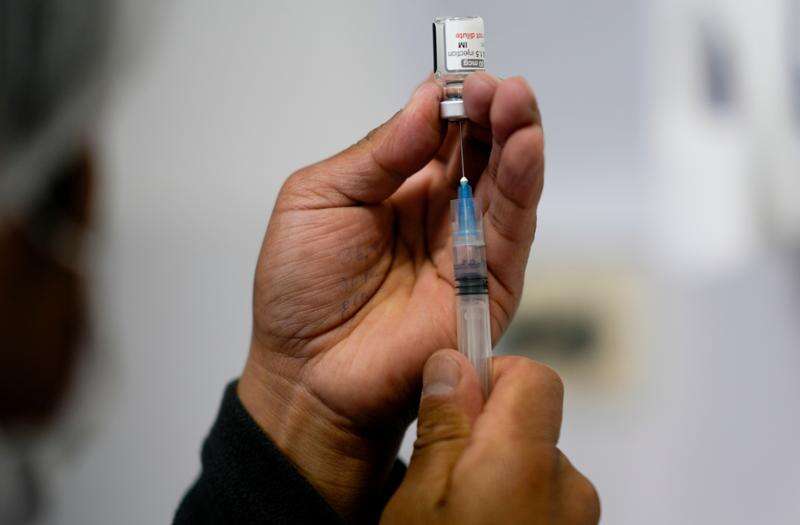Research indicates that the most widely used COVID-19 vaccines may provide an unexpected benefit for certain cancer patients by enhancing their immune systems to better combat tumors. Preliminary findings suggest that individuals with advanced lung or skin cancer undergoing specific immunotherapy treatments experienced significantly longer survival rates when they received a Pfizer or Moderna vaccine within 100 days of starting their cancer therapy.
The study, published in the journal Nature, was conducted by a team from MD Anderson Cancer Center in Houston and the University of Florida. Researchers concluded that the mRNA technology utilized in these vaccines appears to improve the immune response to cancer treatments. According to lead researcher Dr. Adam Grippin, the vaccine functions like a “siren” that activates immune cells throughout the body, effectively sensitizing tumors that are resistant to standard immune therapies.
Despite skepticism surrounding mRNA vaccines expressed by figures such as Health Secretary Robert F. Kennedy Jr., the research team found their results compelling enough to initiate further studies. They plan to investigate whether mRNA COVID-19 vaccines should be combined with cancer drugs known as checkpoint inhibitors. This represents an interim step while they explore the development of new mRNA vaccines specifically designed for cancer treatment.
A robust immune system plays a critical role in eliminating cancer cells before they pose a significant threat. However, certain tumors can adapt to evade immune detection. Checkpoint inhibitors are designed to remove this protective barrier, enhancing the effectiveness of cancer treatment. Yet, in some cases, immune cells fail to recognize the tumor even after this intervention.
Messenger RNA, or mRNA, is a natural component of cells that carries genetic instructions for protein synthesis. While it gained prominence as the basis for COVID-19 vaccines, researchers have long sought to harness mRNA for personalized cancer treatment. The current findings provide “a very good clue” that an off-the-shelf mRNA approach may hold promise, according to Dr. Jeff Coller, an mRNA expert at Johns Hopkins University who was not involved in the study.
Dr. Grippin and his colleagues initially focused on developing personalized mRNA vaccines for cancer when they noticed that even a general mRNA vaccine could stimulate immune responses against cancer. Curious about the potential effects of existing COVID-19 mRNA vaccines, the team analyzed records of nearly 1,000 advanced cancer patients receiving checkpoint inhibitors at MD Anderson. They compared outcomes for those who received a Pfizer or Moderna vaccine with those who did not.
The findings were striking: vaccinated lung cancer patients were nearly twice as likely to survive three years after beginning treatment compared to their unvaccinated counterparts. For melanoma patients, the median survival rate was significantly longer among those who had been vaccinated, although the exact duration remains unclear as some patients were still alive when the data was collected. Notably, traditional vaccines, such as those for influenza, did not yield similar results.
The Associated Press Health and Science Department receives funding from the Howard Hughes Medical Institute and the Robert Wood Johnson Foundation. However, the content of this report is solely the responsibility of the AP. As research in this area continues, the implications for cancer treatment could be profound, potentially paving the way for new therapies that leverage existing technologies in innovative ways.







